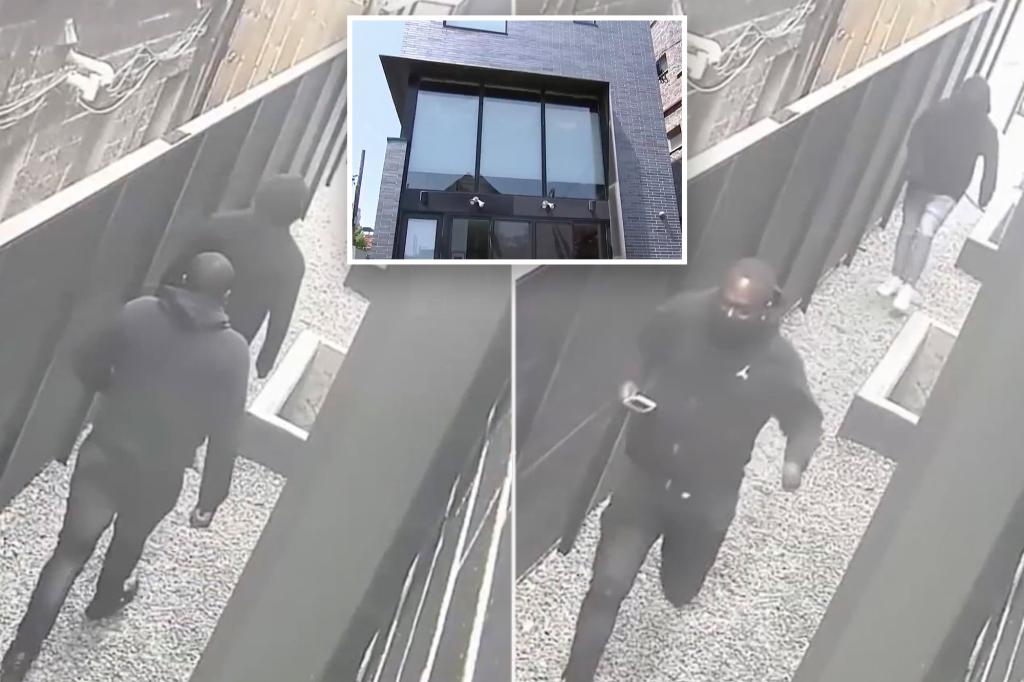A Chicago mom called 911 during a break-in, only to be left waiting for hours with dispatchers telling her to demand more police funding. Michelle encountered two masked bandits in her home and called emergency services multiple times, only to be informed that there were no units available to respond due to budget cuts. The dispatcher suggested she call her local representative to advocate for hiring more police and asked if she would defend herself with a weapon. The intruders fled after Michelle threatened to call the police, but despite her efforts, officers took hours to arrive at the scene.
The two intruders entered Michelle’s home through an open back door after climbing over a fence while she was home. She screamed at them, causing them to flee when they realized she was calling the police. Michelle and a neighbor chased after them before Michelle followed the dispatcher’s advice to wait outside for responding officers. However, the police did not arrive promptly, leading to hours of waiting and frustration for Michelle before she demanded answers about the delay due to the lack of police funding in the city.
After waiting for an hour and a half and making six calls to 911, Michelle finally spoke to a dispatcher supervisor who explained that the slow response was due to funding issues within the police department. It took a total of two and a half hours for officers to finally arrive at Michelle’s home, leaving her feeling relieved but frustrated at the system’s inefficiencies. The police department cited a priority list for dispatch calls, with no immediate threat to life in Michelle’s situation resulting in a delayed response as officers were attending to more pressing concerns in the area.
Despite the ordeal, Michelle took the dispatcher’s advice and contacted her local alderman’s office to discuss the incident and demand increased resources for the police department. The 1st Ward Alderman, Daniel La Spata, expressed concern for Michelle’s experience and stated his commitment to supporting the resources requested by the police districts. He also mentioned plans for a proposed satellite location for the 12th District police in West Town to address community safety concerns. Michelle’s willingness to take action and advocate for improved police funding reflects her determination to ensure the safety and security of her neighborhood.
The delayed response to Michelle’s 911 calls highlights the challenges faced by emergency services in cities like Chicago, where budget cuts impact the availability of police officers to respond to calls. The incident also raises questions about the prioritization of dispatch calls and the allocation of resources within law enforcement agencies. While Michelle’s experience was frightening and frustrating, it has sparked a conversation about the need for adequate funding for police departments to ensure prompt and effective responses to emergency situations. Community members and officials are working together to address these issues and find solutions to improve public safety in Chicago.
In conclusion, Michelle’s harrowing experience during a break-in at her home sheds light on the realities of police department funding challenges in urban areas. The incident prompted her to take action by contacting her local representative and advocating for increased resources for law enforcement. While facing a delayed response from emergency services, Michelle’s determination to ensure the safety of her community underscores the importance of adequate funding and support for police departments. The incident serves as a reminder of the need for ongoing dialogue and collaboration between residents, officials, and law enforcement agencies to address issues of public safety and effective emergency response in cities like Chicago.


